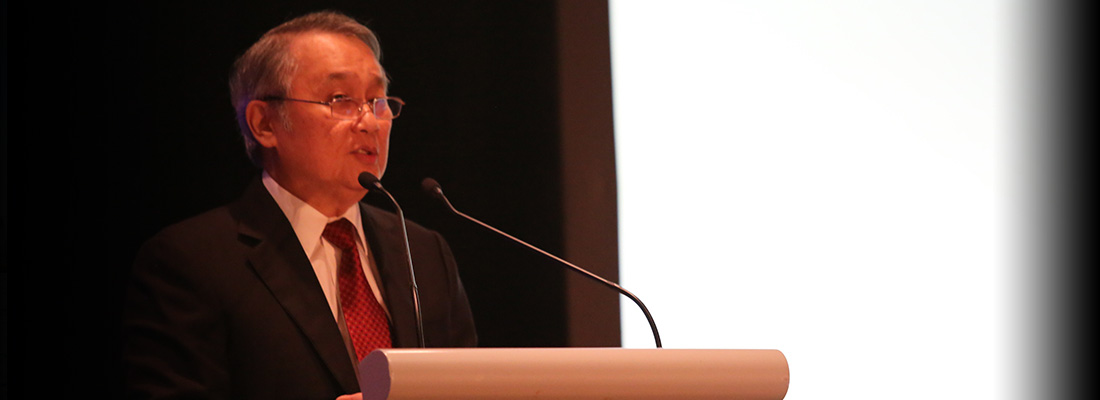
-
Contents
- Price gymnastics challenge industry
- Closing gap 'possible'
- Legal structure imported
- Ships at risk
- 'Light touch' ends
- New court eager for insurance
- Blockchain proves transparency
- Liability lags property
- Specialist courts championed
- Foreign players at risk
- 'Prepare for quakes'
- Pike River families angry
- Bad faith penalty
- FENZ levy 'unfair'
- Lit funding 'fills need'
- AILA
- NZILA
- Home

| PREVIOUS | HOME | NEXT |
Court yet to hear insurance case By Kate Tilley, Editor, Resolve A Singapore International Commercial Court (SICC) judge is encouraging the insurance industry to use its jurisdiction "if it suits your case". Justice Quentin Loh, one of SICC's 22 specialist judges, told APIC17 the court had so far had 17 cases, of which 15 had gone to written judgement and five were concluded. SICC, established in 2015, was "particularly suited" to insurance and reinsurance disputes but had heard none so far. SICC was modelled on the English Commercial Court and offered an alternative to arbitration. "It addresses some of the shortcomings of international arbitration while providing the benefits usually associated with the arbitral process," he said. "Confidentiality in arbitrations means there is no corpus of published awards to build up or develop a coherent body of law or international norms. By contrast, the availability of SICC jurisprudence at both first-instance and appellate levels will help crystallise substantive principles of commercial law and, over time, will increase predictability, thus improving certainty and reducing costs for disputants." SICC required that actions be both international and commercial; parties must submit to SICC jurisdiction in writing; and they cannot be seeking relief against a state or any prerogative order. There is the right to appeal to the Singapore Appeal Court, unless the parties contract otherwise. Commercial cases could be tortious, not just contractual. Key features of SICC were transparency, the availability of appeals, the ability to join third and related parties, avoiding party-appointed tribunals, and written judgements. Justice Loh said there were allegations of "cosiness" in who was appointed to determine international arbitrations but SICC cases were allocated to one of the 22 specialist judges. The court also had 12 international judges, including three from Australia. "There will be more if the case load justifies it," he said. The court had flexible procedures. Proof of foreign law could be dispensed with; Singaporean evidence rules "disapplied" and others substituted; proceedings could be confidential, if requested, and in open court or in chambers; and parties could be "anonymised". Justice Loh said the first case had been described as "a master class" in dealing with international disputes with judgement delivered four months after final submissions, after monthly case management conferences. In some international arbitrations, parties were still seeking enforcement five to 10 years later. The 1958 New York Convention on the Recognition and Enforcement of Foreign Arbitral Awards was no "silver bullet" and did not guarantee prompt payment. However, SICC judgements' enforcement could be pursuant to bilateral agreements, the Hague Convention on Choice of Court agreements, or by summary proceedings. A 2016 Singapore law ratified the Hague Convention, so enforceability of SICC judgements was broad. Last May, 21 countries, including Singapore, established the Standing International Forum of Commercial Courts (SIFCC), which had agreed to examine ways to better enforce judgements, implement a structure for judges to attend each others' courts, and identify areas of common concern. Justice Loh said SIFCC would "eventually reach out to the insurance community". He said the Asia-Pacific region presented significant opportunities for the insurance market, particularly given the low penetration of the region's emerging and developing insurance markets. With total general insurance (GI) premiums accounting for just 1.3% of GDP in emerging Asia, GI insurance penetration in the region was less than half the global average. The protection gap was particularly pronounced after natural disasters, with only a small fraction of economic losses insured. |
Resolve is the official publication of the Australian Insurance Law Association and
the New Zealand Insurance Law Association.

